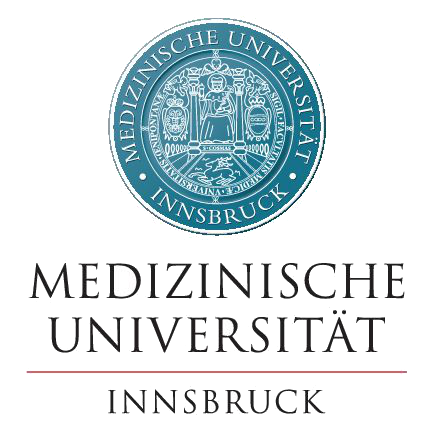In the research project WELL-MED an innovative approach is pursued, which combines the person-related perspective of Positive Psychology with the more condition-oriented focus of Work and Organizational psychology. The aim is to scientifically analyze the factors influencing the well-being and health of medical students and residents and to derive indications for prevention.
Positive Psychology
Research on well-being can be broadly divided into two traditions (Deci & Ryan, 2008). In the hedonistic tradition, well-being is generally defined as the presence of positive affect and the virtual absence of negative affect (subjective well-being). In the eudaimonic tradition, well-being is conceptualized much more broadly. Here it is not only about experiencing positive affects, but also about experiencing life in a comprehensive and deeply satisfying way (psychologic well-being). This includes not only subjective well-being (e.g., life satisfaction, positive feelings) but also positive relationship with others, engagement, ability (e.g., self-efficacy), optimism, and experiencing meaning and autonomy (Su et al., 2014). Multiple associations have been found in research between the eudaimonic concept of psychological well-being and health, as well as increased life expectancy (Diener & Chan, 2011). Building on this, our research team is working with this concept and the goal of mapping the various facets as comprehensively as possible.
Industrial and Organizational Psychology
Within the framework of the WELL-MED project, working conditions in hospitals are comprehensively surveyed using different methods: By means of quantitative surveys via online questionnaires in longitudinal section, by visits in the daily work routine with focus on the working climate as well as by means of personal interviews with physicians and training managers.


